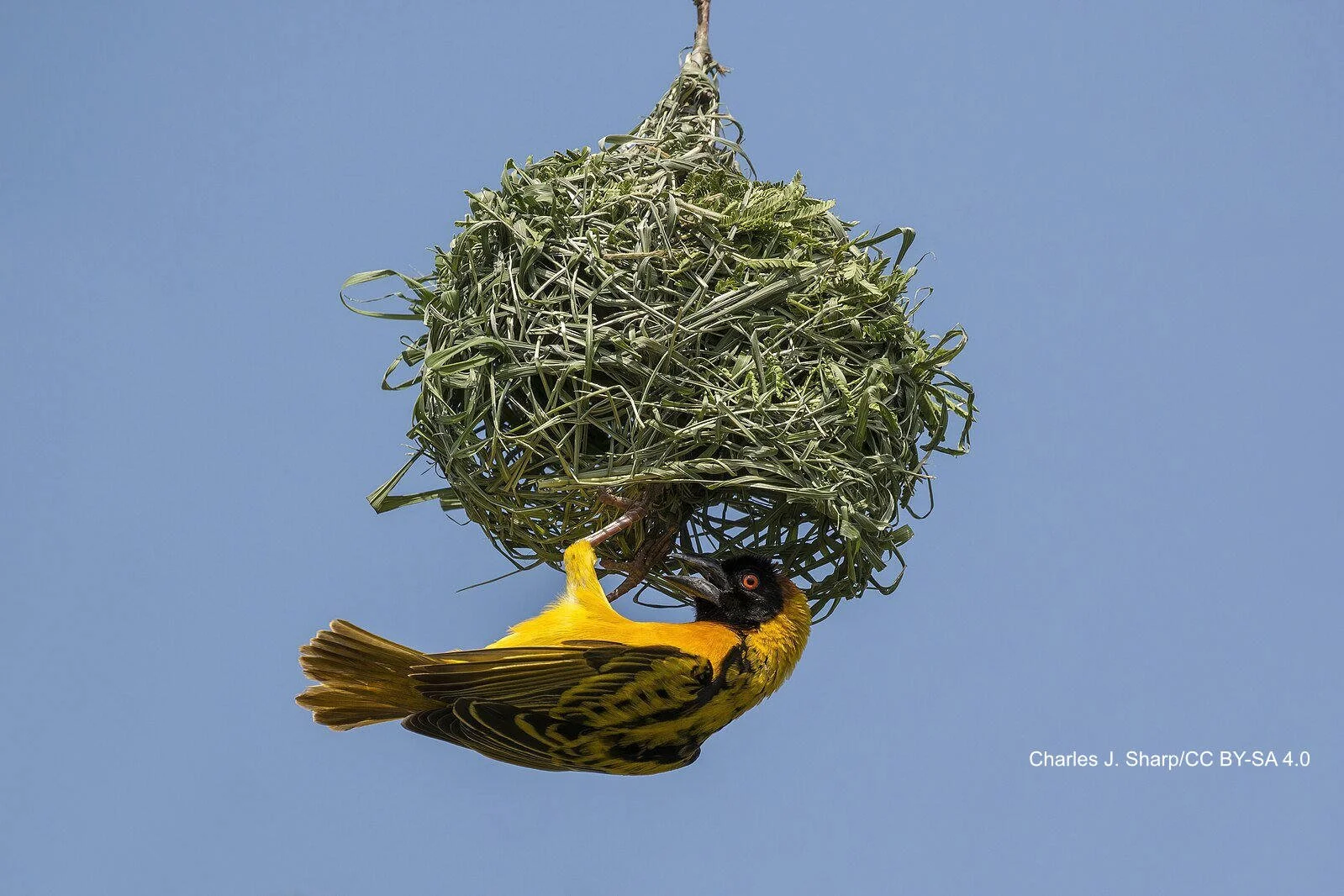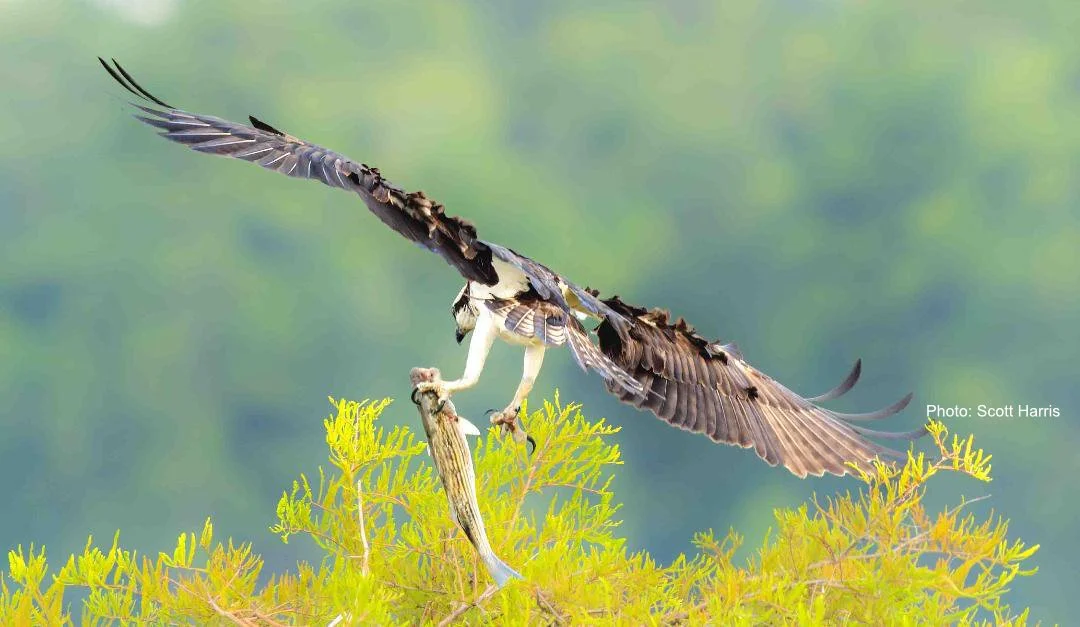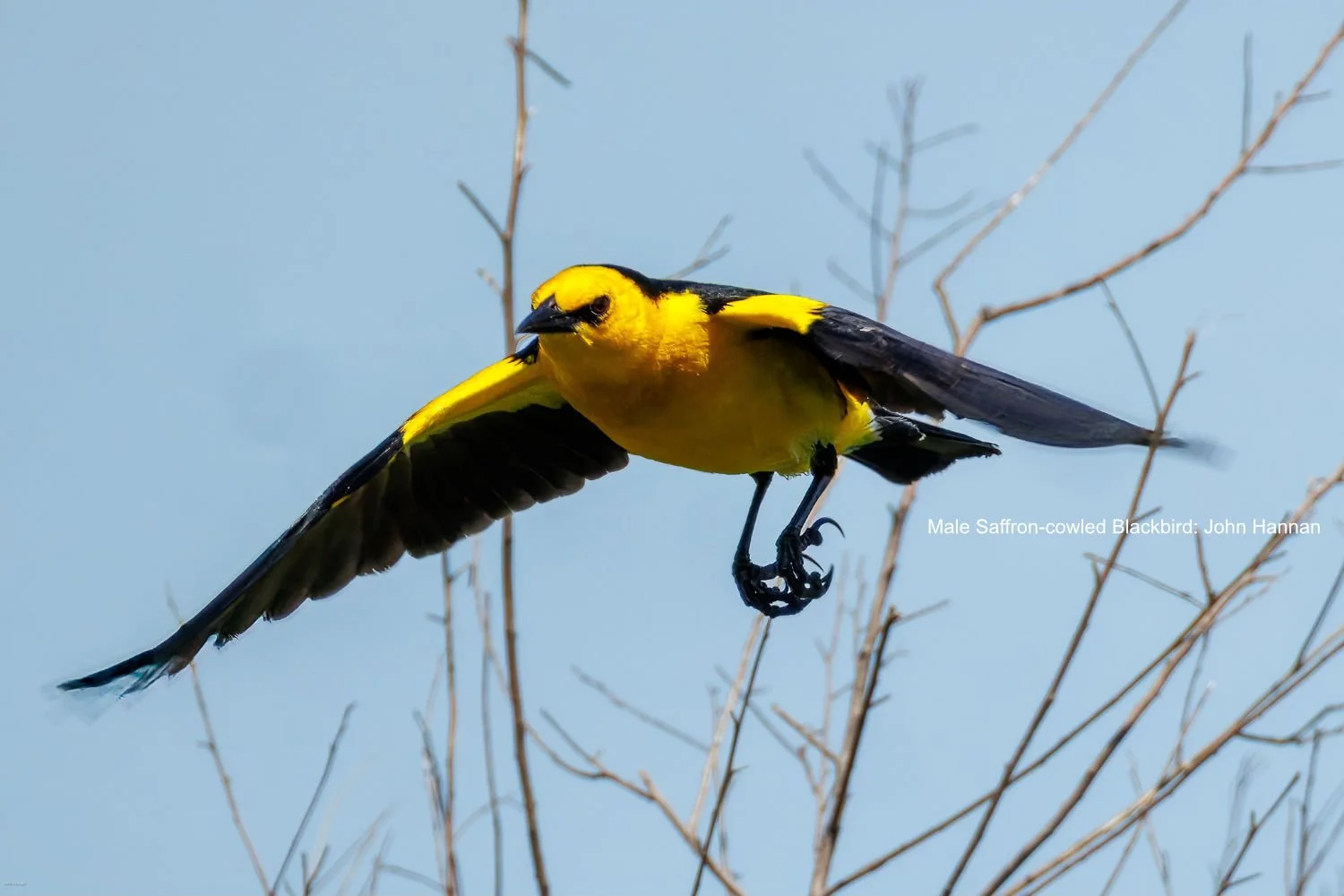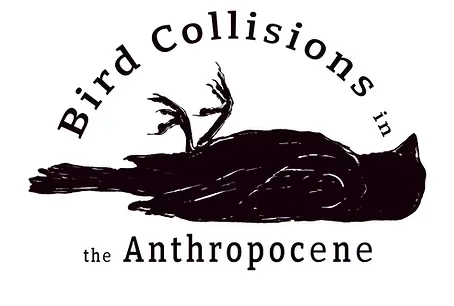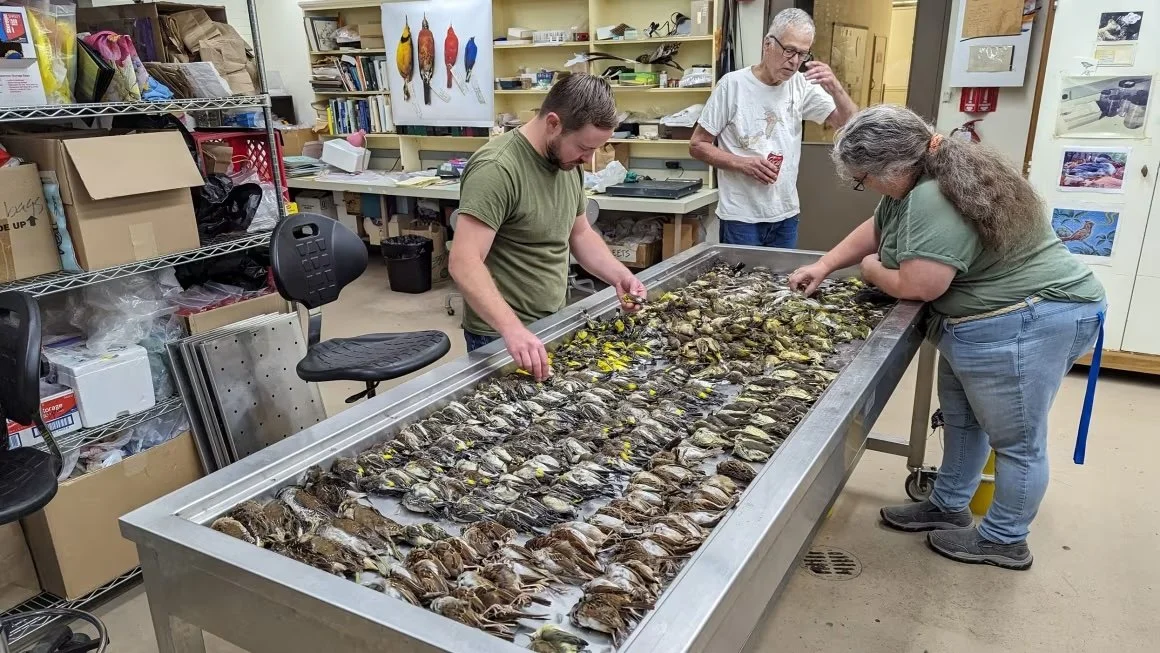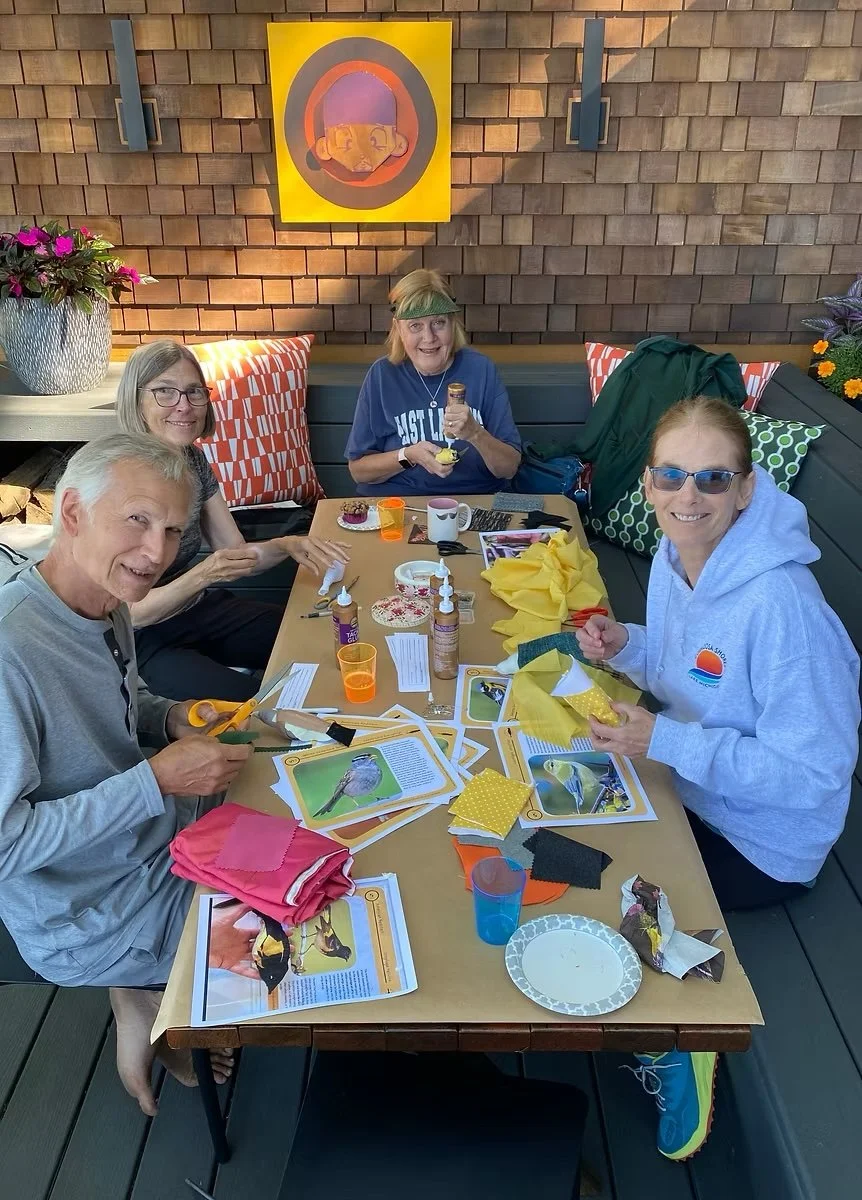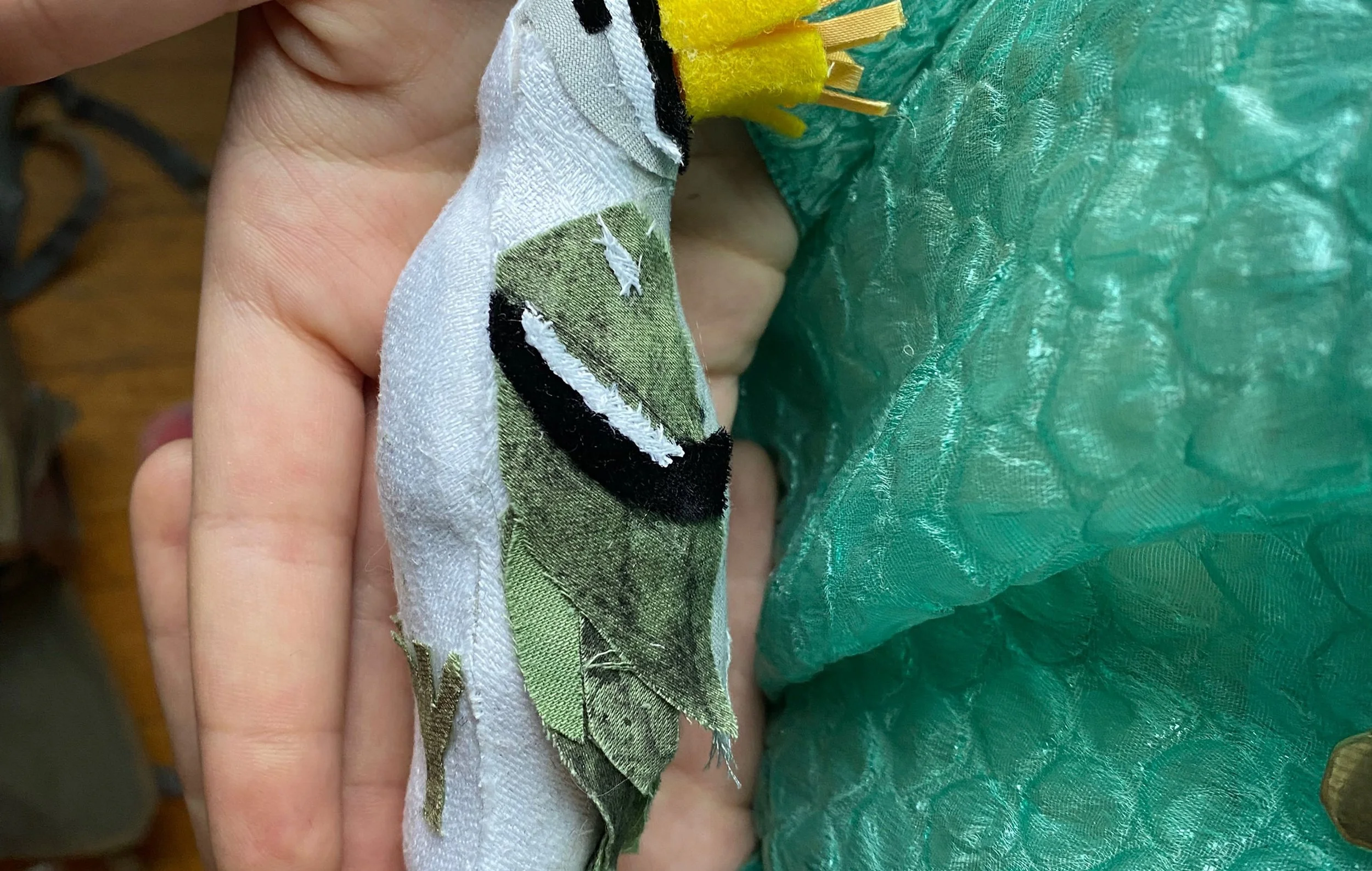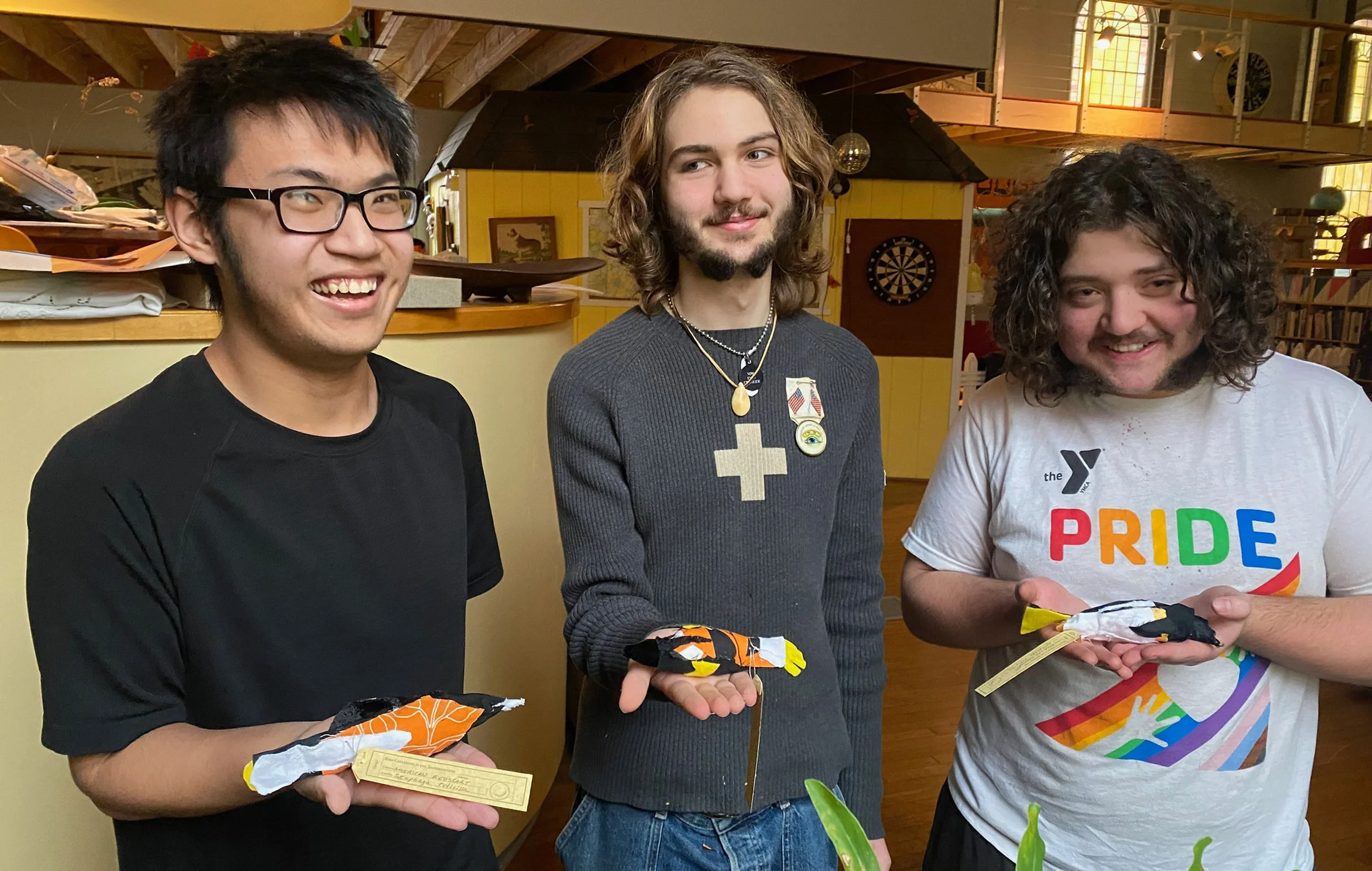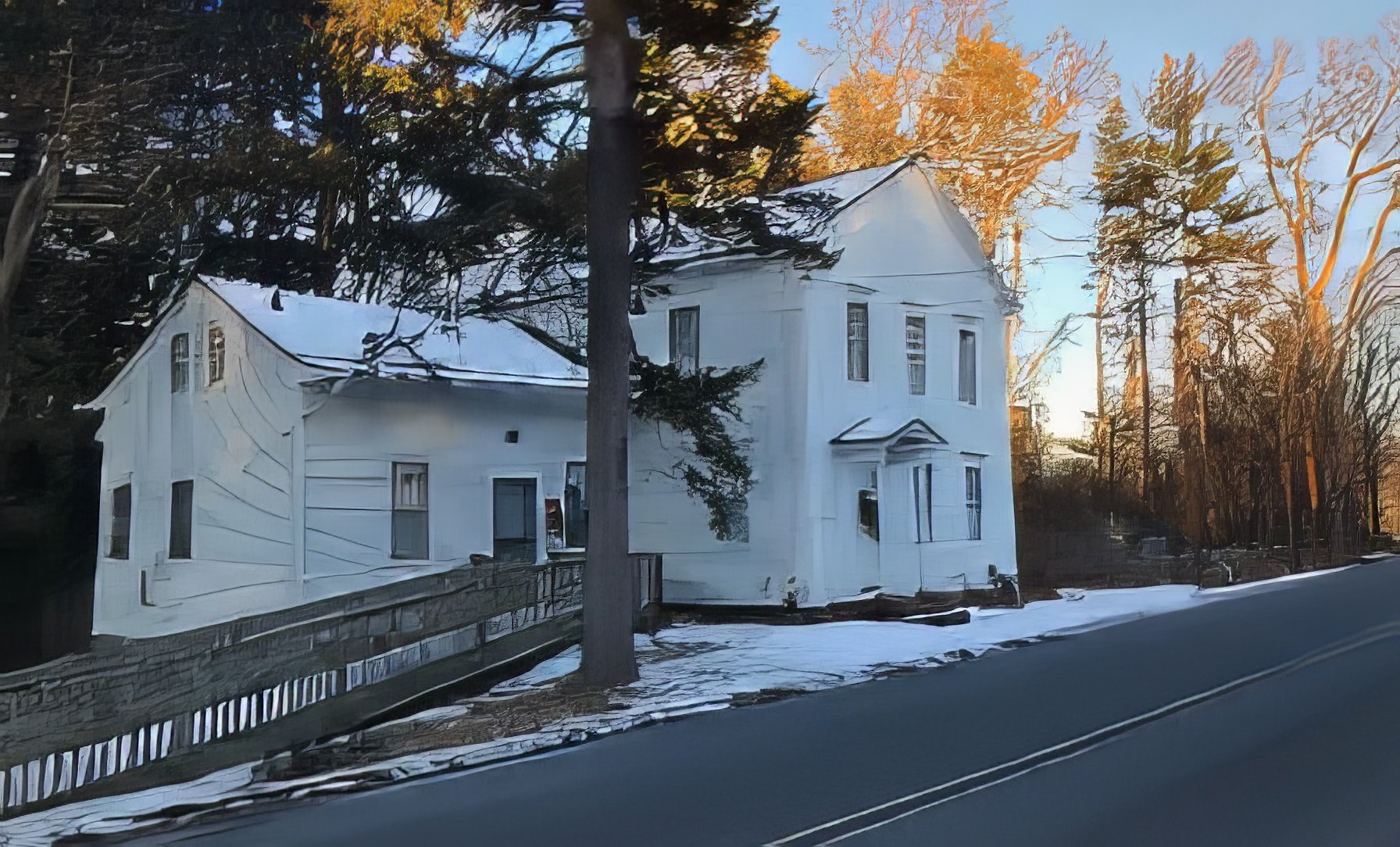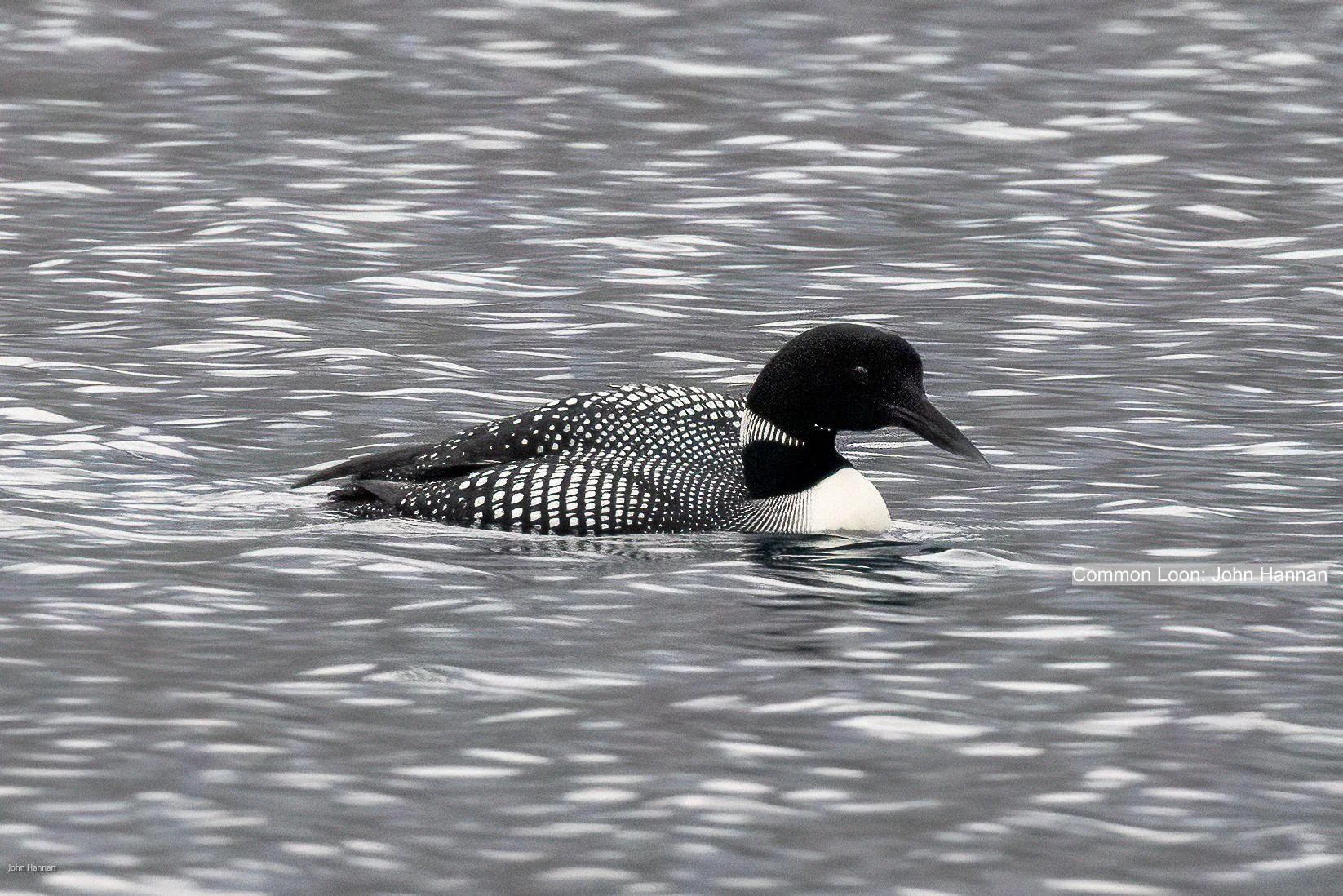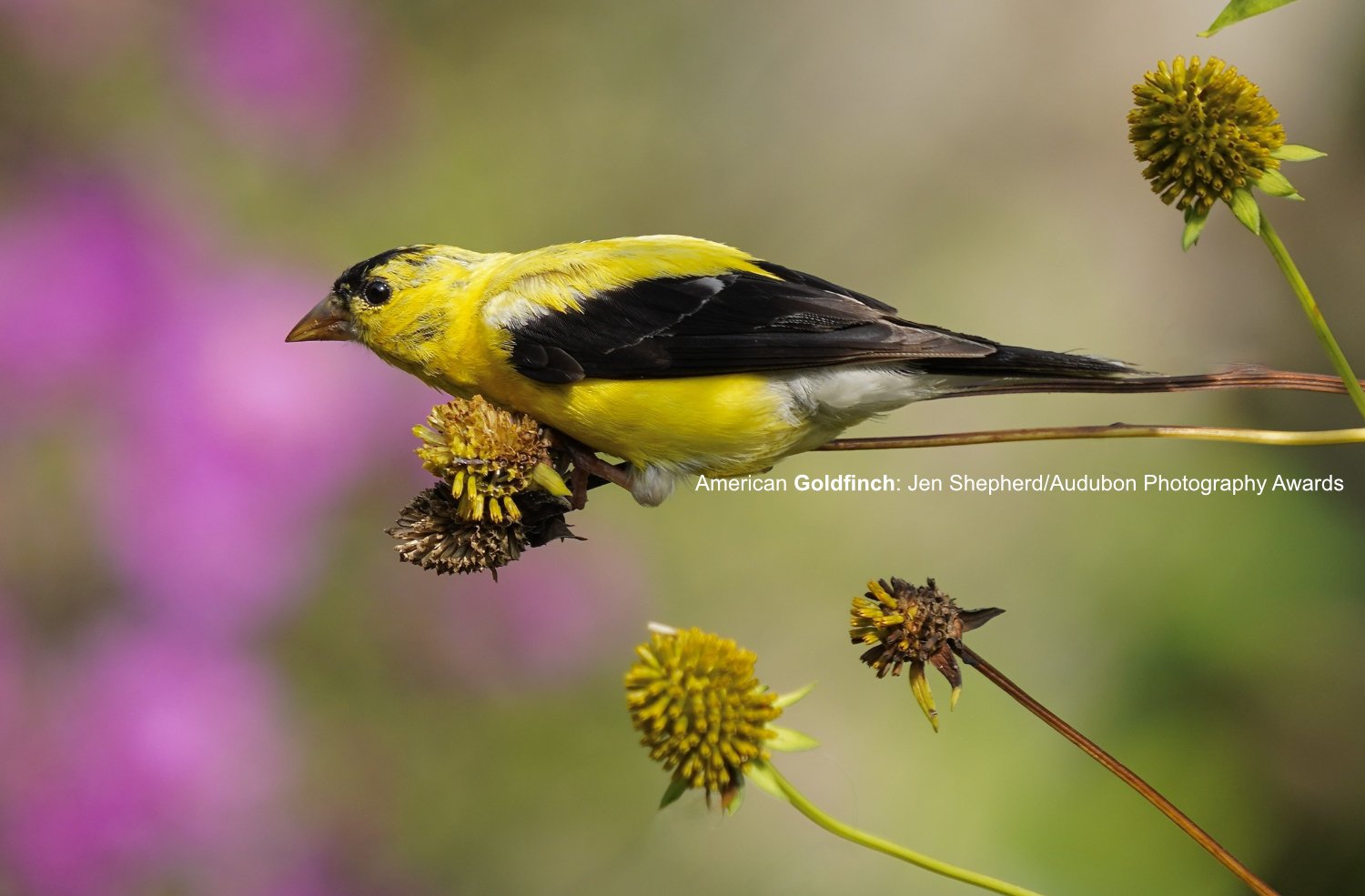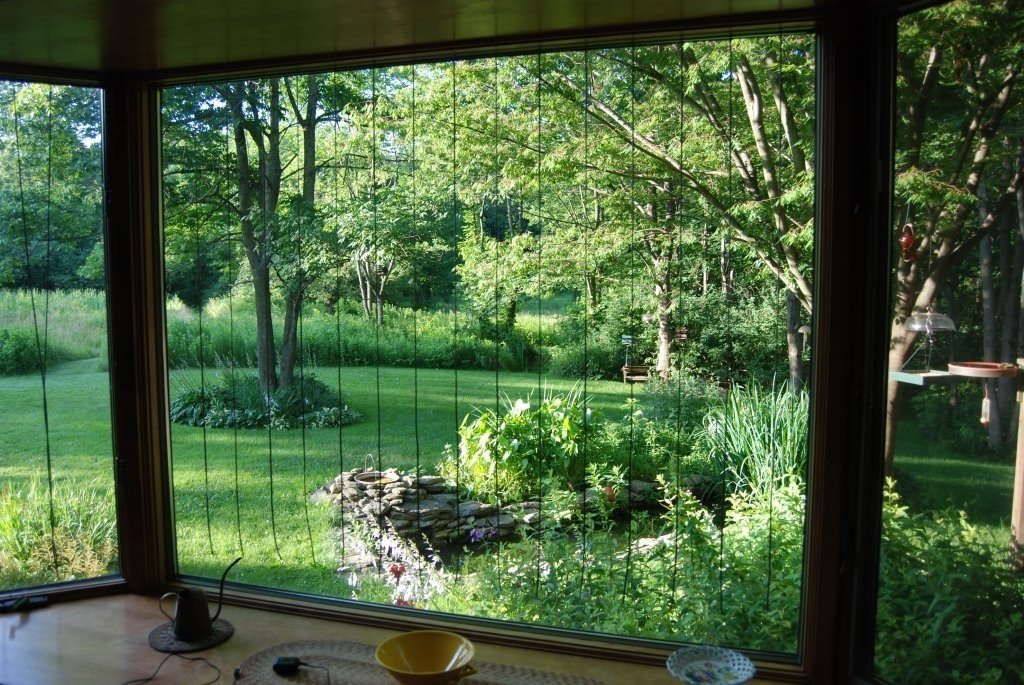Great Backyard Bird Count
Every February, for four days, the world comes together to celebrate birds during the Great Backyard Bird Count (GBBC). During this period, we invite people to spend time in their favorite places watching and counting as many birds as they can find and reporting their sightings. These observations help scientists better understand global bird populations before one of their annual migrations. Learn more about the GBBC in this short video.
Counting birds is as easy as 1, 2, 3.
Count birds anywhere you like for at least 15 minutes or as long as you want. Keep track of the types of birds you see and how long you watch.
Estimate the number of birds you saw of each species. For example, 5 Northern Cardinals, 3 American Crows. Large flocks can be difficult, but your best estimate is still helpful.
Submit your list(s) online at www.birdcount.org.
Put in a new checklist:
for each new day
for each different location
for the same location, same day, if you counted at a different time of day
Note: There are 3 ways to enter your bird lists at www.birdcount.org
If you've never taken part in the Great Backyard Bird Count before, or haven't done so since before 2013, you’ll need to create an account. The Merlin Bird ID app, eBird Mobile app, or eBird.org will guide you through the account setup process. You'll be asked to enter your name and email address, and to select a username and password. Providing additional profile details is optional.
